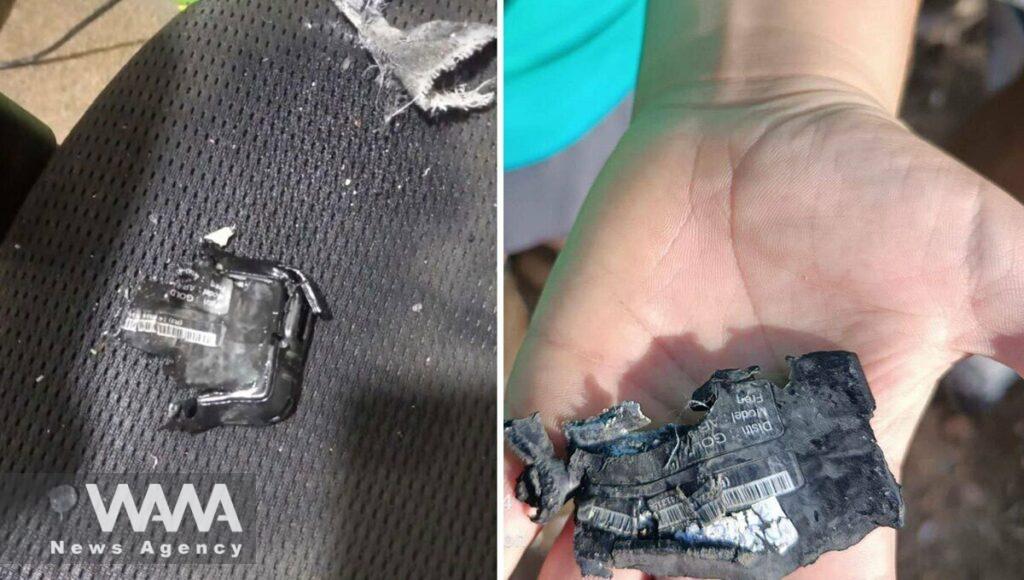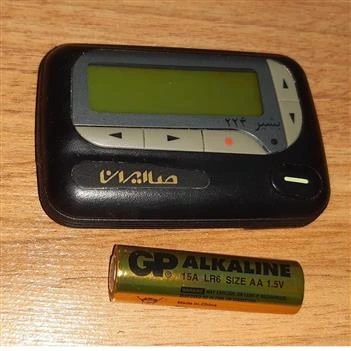Will Iran be the next target of Cyber Attack on Pagers?
WANA ( SEP 18) – Simultaneous explosions occurred in Hezbollah’s communication devices in southern Lebanon, Beirut, and eastern Lebanon, resulting in over 1000 injuries and 12 deaths. The explosions, suspected to be a result of Israeli cyber attacks, have raised concerns about the growing threat of electronic warfare in the region.
This incident in Lebanon has raised an important question: Could Iran, a critical regional power and the big foe of Israel, also have been a target? And if so, why wasn’t it affected?
Well, Pagers are particularly vulnerable because they operate on older communication protocols that often lack the sophisticated encryption and cyber security measures found in modern telecommunications systems.
This made them an easy target in Lebanon’s case. However, due to Iran’s modernization of its telecommunication and electronics infrastructure through “Sairan”, its critical communication networks have likely been protected from such attacks.

Explosions in Hezbollah’s communication devices, including pagers
Iran has had a long, bad experience of being the victim of different forms of electronic sabotage during the last decades. This history of sabotage includes terrorizing political figures with electronic devices to demolish some parts of Iran’s nuclear achievements.
Due to these experiences, Iran has longstanding preparations in the field of electronic defence spearheaded by organizations like Iran Electronics Industries, commonly known as Sairan, as mentioned above, which has become a crucial component of Iran’s military-industrial complex.
Sairan’s strategic role ensures that Iran is well-prepared to counteract foreign cyber attacks, especially in areas concerning telecommunications and electronics.

With the help of this organization, Iran’s government has made vital strides in developing more advanced telecommunications networks, minimizing the risk of intrusion through outdated technologies.
The explosion of pagers in Lebanon serves as a warning to nations relying on outdated communication technologies. With cyber warfare becoming an increasingly important front in modern conflicts, it is essential for countries to bolster their electronic defences, ensuring that vulnerabilities in their telecommunication infrastructure do not become entry points for adversaries.
While Iran could have been a target of the same cyber attack that hit Lebanon, its preparedness in the realm of electronic and cyber defence ensured that it wasn’t. This incident highlights the importance of robust and forward-thinking strategies in securing national communications, a lesson that Lebanon and other countries will no doubt consider moving forward.














